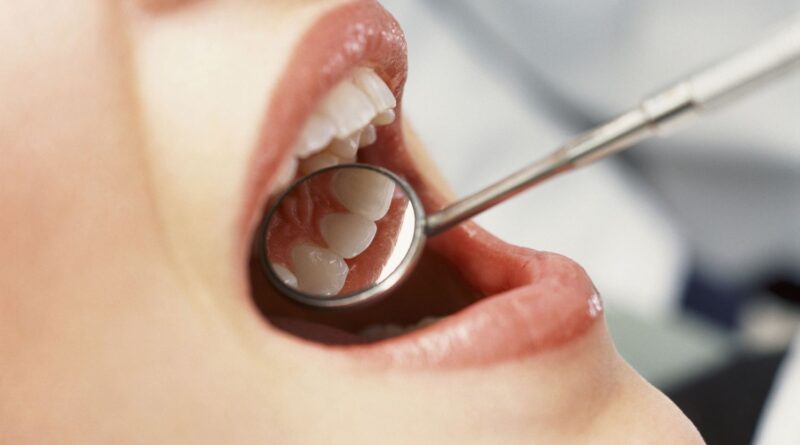Cavities: Why They’re the Most Common Dental Problem and How To Prevent Them
Most people suffer from cavities to some degree during their lifetime, be it as children or adults, making tooth decay the most common reason people go to the dentist, therefore, the most popular dental problem.
Other than being the case dentists face most frequently, once caries pass their early stages, they become permanent, creating irreversible, visible damage in the tooth enamel and requiring treatments like fillings or, in severe cases, tooth extractions.
If you want to achieve the perfect smile without the hassles of traditional braces, a dental bridge might be precisely what you need.
Why Are Carries So Common?
Cavities happen when bacteria form plaque on the tooth, which then builds up and secretes acids that sit on the tooth. These acids melt away at the enamel, destroying its mineral components and creating a hole in the tooth’s structure.
There’s no one reason for the widespread of caries; instead, a combination of multiple factors makes cavities so common, mainly because they can develop naturally from the bacteria present in the mouth regardless of the oral care routine.
Nonetheless, improper oral hygiene still leads to devastating results that are not just limited to the mouth, like cavities. Some research suggests that insufficient oral care could lead to life-threatening diseases.
Now let’s get back to cavities; taking proper care of your teeth is bound to lessen your chances of developing cavities or make them less severe in case they occur. That includes:
- Thoroughly brushing your teeth.
- Flossing.
- Avoiding frequent sugar snacks or sleeping without brushing your teeth.
- Visiting the dentist regularly.
Going to your routine dental checkups will help the dentist spot any problems in their early stages, including cavities; this is important because, unlike in advanced stages, early tooth decay can be reversed if it’s discovered on time.
Your dentist can apply fluoride solution on the affected area, which will help the enamel restore its minerals and possibly treat the cavity completely without further procedures.
Get dental implants that behave like your natural teeth and last a lifetime at a leading dental implant clinic in Dubai.
Is It Possible To Prevent Caries?
As mentioned earlier, establishing a proper oral care routine will definitely reduce the risk of developing cavities.
Moreover, using products that are made to fight cavities also helps, such as fluoride toothpaste and mouth rinses, as they are proven to help to strengthen the tooth’s structure against harsh acids.
Other than products, your dentist may recommend getting sealants for your molars, which is a thin coating on the chewing surface of the tooth that prevents acids from contacting the enamel, blocking plaque from forming.
Sealants are very effective against cavities, they remain functional for an average of 2 years, but your dentist will recommend the proper time to get them checked and redone if necessary.
Another often overlooked way of preventing cavities is staying hydrated. By drinking enough water, you keep your mouth from getting dry and, in turn, help dilute the acids and make them less effective, not to mention how every time you swallow saliva, you also swallow the acids down with it.
How To Notice a Cavity?
Cavity symptoms vary, from bad breath to an agonizing toothache. However, there are some dead giveaways for a cavity, so here’s a list of the most common symptoms that may be your cue to go to the dentist ASAP.
- Sudden pain in the tooth.
- Discomfort or sharp pain when eating or drinking caused by dentin hypersensitivity
- Visible holes are a telltale sign of caries that you should not ignore.
- Stained tooth surface, with yellowish, brownish, or black spots appearing.
- Pain while chewing or biting.
If you tend to ignore your regular checkup appointments with a dentist, make sure you at least don’t ignore the warning signs. If any of these symptoms show up, go to the doctor immediately and get your teeth checked.




